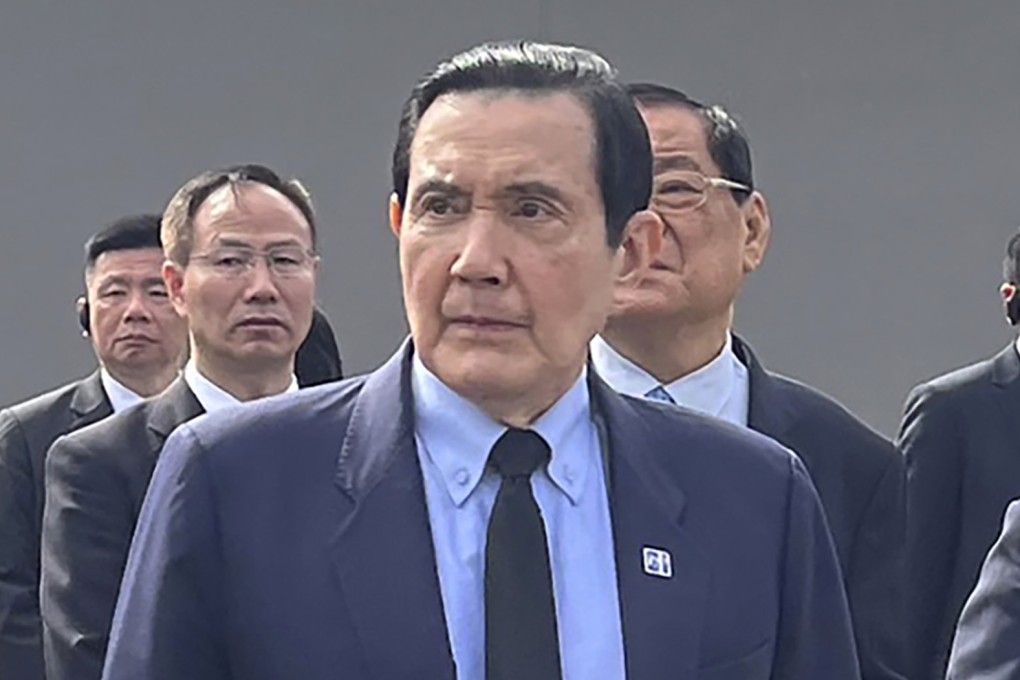Advertisement
As I see it | The politics of Taiwan’s Ma Ying-jeou referencing ‘yan huang descendants’
- During a historic trip to mainland China, former President Ma Ying-jeou said both sides of the Taiwan Strait are Chinese, using the term ‘yan huang zi sun’
- Phrase refers to common ancestry for mostly ethnic Han people, but has been criticised for showing Han Chinese ‘superiority’, neglecting ethnic groups in Taiwan
Reading Time:3 minutes
Why you can trust SCMP
13

The ongoing historic trip to mainland China by Ma Ying-jeou – the first former or current Taiwanese president to visit since the Kuomintang (KMT) fled in 1949- may be aimed at ensuring peace and improving relations, but it also highlighted how a traditional, if somewhat controversial term, is used by Taipei and Beijing.
In Nanjing, former KMT chairman Ma said people on both sides of the Taiwan Strait are Chinese, by using the term “descendants of the Yan and Yellow Emperors”, or “yan huang zi sun”, which refers to a common ancestry for the predominantly ethnic Han people.
In a meeting with Chinese leader Wang Huning in February, KMT vice-chairman Andrew Hsia invoked the term when he said both Taiwan and mainland China ought to help promote peace and stability.
In 2021, when replying to a congratulatory message from Beijing on his election as KMT chairman, Eric Chu used it when he said both sides should strengthen exchanges and cooperation.
During a historic meeting in 2015 held in Singapore between Ma and Chinese Communist Party general secretary Xi Jinping, Ma’s use of the term was denounced by indigenous groups in Taiwan who argued they were not “yan huang descendants”.
In 2009, when then KMT chairman Wu Po-hsiung used the phrase, he was criticised for “promoting ethnic nationalism”, displaying Han Chinese “superiority”, and neglecting the existence of indigenous and ethnic groups in Taiwan.
On mainland China, which officially has 56 ethnic minorities, the term appears to be used more sparingly, since an ethnic Hui member of the Chinese political advisory body wrote a proposal in 1984 disagreeing with the then-popular expression to refer to the Chinese nation.
Advertisement

